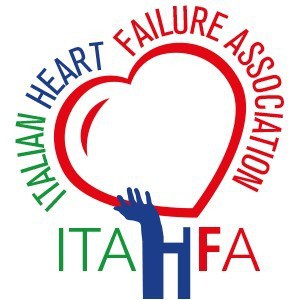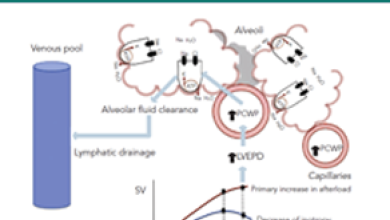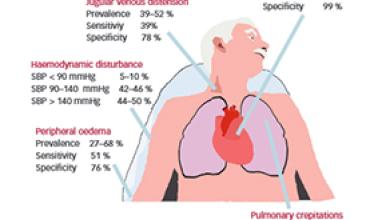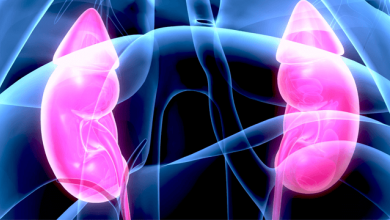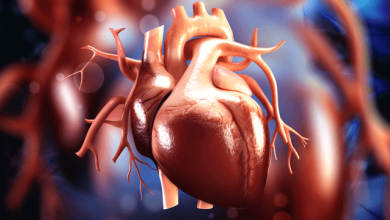Search results
Author(s):
Ovidiu Chioncel
,
Sean P Collins
,
Andrew P Ambrosy
,
et al
Added:
3 years ago
Acute heart failure (AHF) is a heterogeneous clinical syndrome including diverse phenotypes sharing similar presenting signs and symptoms.1 The diversity of aetiologies and precipitants of HF and their specific pathophysiologic mechanisms, may result in distinct clinical profiles requiring specific treatment approaches.
Pulmonary oedema (PO) is a common manifestation of AHF associated with a…
View more
Author(s):
Alberto Aimo
,
Giosafat Spitaleri
,
Dario Nieri
,
et al
Added:
2 years ago
Author(s):
Erik H Van Iterson
Added:
3 years ago
The maximal exercise oxygen uptake (VO2 max) response physiologically reflects the clinical status of patients with low-output left heart failure (HF). The failure of VO2 max to rise above 12 ml/kg/min is a hallmark of deteriorated clinical status, impaired oxidative metabolic capacity and indicates advanced medical therapy is required to prolong life.1,2 The continuous-flow left ventricular…
View more
Author(s):
Jelena Celutkiene
,
Mindaugas Balčiūnas
,
Denis Kablučko
,
et al
Added:
3 years ago
Heart failure (HF) and chronic obstructive pulmonary disease (COPD) comorbidity poses substantial diagnostic and therapeutic challenges in acute care settings. Outcomes of this comorbidity are worse than in either disease alone.1,2 A hospital diagnosis of COPD is an independent predictor of all-cause and non-cardiovascular mortality in HF patients,3–5 associated with decrease in use of evidence…
View more
Author(s):
Katerina Fountoulaki
,
Nikolaos Dagres
,
Efstathios K Iliodromitis
Added:
3 years ago
Heart failure (HF) is a feared endpoint for most cardiovascular diseases and is a major cause of morbidity and mortality. The worldwide prevalence of HF is between 2 and 3 % and rises sharply at around 75 years of age, so that the prevalence in 70- to 80-year-old people is between 10–20 %. With a 50 % 5-year survival rate, HF is predicted to be the leading cause of all morbidity by 2020.1,2…
View more
Author(s):
Christopher J Allen
,
Kaushik Guha
,
Rakesh Sharma
Added:
3 years ago
Acute heart failure (AHF) is a leading cause of hospitalisation in developed nations, responsible for 67,000 admissions a year in the UK alone, an incidence which is set to increase with an ageing population.1 The prognosis remains poor: in-hospital mortality ranges from 4–11 % and in those patients surviving to discharge 50 % will be re-admitted and one-third will die within 12 months.2–6 These…
View more
Thomas Gilpin
Job title: Interventional Cardiology Research Fellow
Author
Levosimendan in AHF and AdHF
Author(s):
Piergiuseppe Agostoni
,
Dimitrios T Farmakis
,
Jose M García-Pinilla
,
et al
Added:
3 years ago
Article
SGLT2 Inhibitors in HFpEF
Author(s):
Brent Deschaine
,
Sahil Verma
,
Hussein Rayatzadeh
Added:
1 year ago
Article
Ulrich Schotten
Job title: Full professor and Chairman of the Department of Physiology
Author







